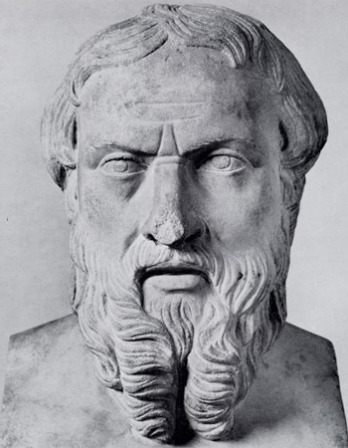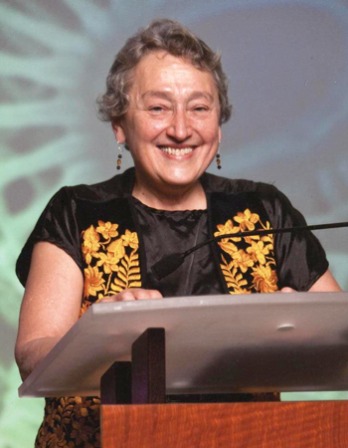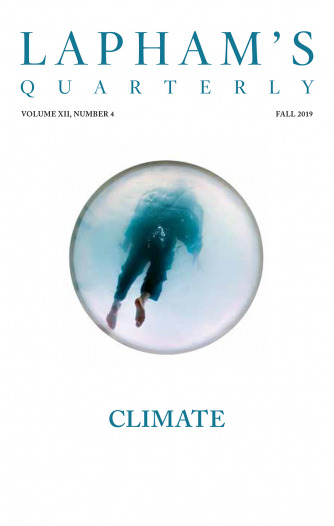Once a Berlin lady, after having found that our cooking was delicious, asked the name of each of the dishes of one of our interpreters, who, not knowing the exact translation of the technical expression, “seaslug,” answered that the dish in question was “sea hedgehog,” or “seeigel” in German. This was enough to disgust our amiable guest, who refused to continue her dinner. I was sitting next to her, and she told me that she could feel it crawling in her throat still, which shows how great is the force of imagination. Marquis d’Hervey de Saint-Denys gave a Chinese dinner during the Exhibition of 1867, and Cham, the famous caricaturist, drew the menu. There were some abominable things in this bill of fare, and the faces of the guests after they had glanced at it was a sight to be seen. It took the marquis all his eloquence to reassure them. I will not deny that there are people in China who eat these extraordinary dishes, but these are the exceptions to the rule. I repeat here, that never in my life have I seen or heard of anyone who ate cat or dog, a practice which only quite recently a writer in the Figaro accused us of. Apropos of this, I must relate a very curious thing that befell us, when, in the spring of 1878, our legation first settled in Paris. One day I received a call from a footman in livery, who desired to speak to me in the name of his mistress, a Polish countess of very high position. This lady had among her pets twelve little Chinese dogs, those hairless little bow-wows that everybody has seen. She loved them dearly, and being frightened lest the Chinese colony might eat up her darlings, sent me word, considering us apparently as wild beasts or savages, to the effect that if one of her pets should disappear, she would set fire to the embassy building. I reassured the good old lady, and sent her word that none of my countrymen had an appetite for dog meat, and that should she miss one of her pets one day, it would be much wiser on her part, before committing the crime of arson with premeditation, to go round to the police station or to the dogs’ home.
In short, we eat very much as you do, with rather more variety, thanks to the productiveness of our country and of our sea. But never are disgusting or even curious dishes seen on our tables. It is true that we prepare our dishes in a different manner. For instance, we cut the food up into very little pieces, in consequence of which the nature of the dish is not to be recognized, but our dishes are nonetheless delicious on that account. I could call in witness of what I assert all Europeans who have lived in China.
Cooking, moreover, is in exact ratio to the state of civilization of each nation—the more developed the one, the more recherché and the more perfect the other. France is the country in Europe which was civilized the first, and its cuisine is the most perfect in the West. So, instead of asking us whether we are in the habit of preparing such and such a fantastic dish, the European would do better to ask from what year our civilization dates. The answer to this question would at once show him that it is absurd to attribute to us the consumption of disgusting dishes, and that this is the work of mere imagination, vivid perhaps, but completely in the wrong.
From Chin Chin; or the Chinaman at Home. Jitong served as a military attaché at the Chinese Embassy in Paris before being found guilty of appropriating funds and leaking state secrets to the press. Although responses to his works were mixed, a review in The Pall Mall Gazette of one of his books concluded that “It must be admitted that Colonel Chen Jitong does not make a bad fight for some of the peculiar institutions of the Celestial Empire.”
Back to Issue





